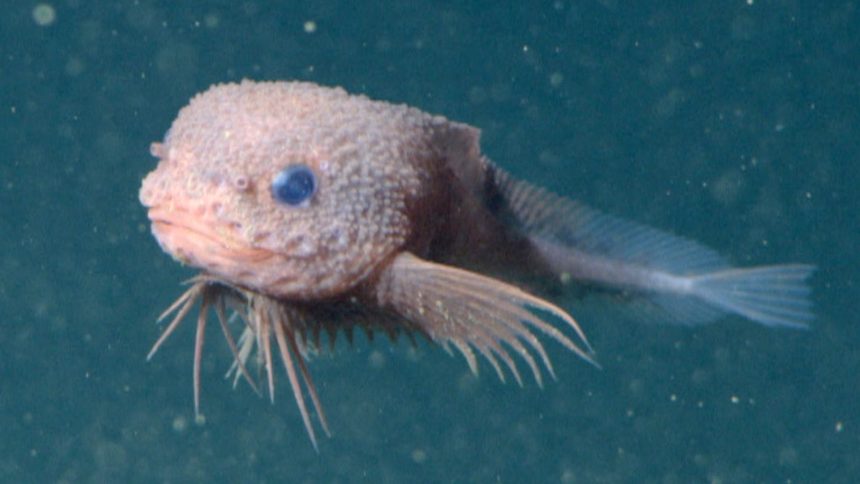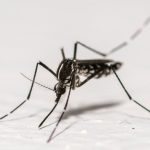A new species of deep-sea fish has been identified off the coast of California, with researchers confirming the discovery of the bumpy snailfish (Careproctus colliculi).
The fish, with its large head, jelly-like body, and loose skin, was described for the first time in a study published in a scientific journal. Scientists from the State University of New York at Geneseo, the University of Montana, and the University of Hawai’i at Mānoa worked alongside the Monterey Bay Aquarium Research Institute (MBARI) to document the species.
Snailfish are part of the Liparidae family, known for their distinctive body structure and ability to cling to the seafloor or larger animals using a disk on their underside. More than 400 species have been recorded worldwide, including the record-holder for the deepest-dwelling fish.
Researchers discover new fish
Researchers collected the newly identified fish from depths of more than 13,500 feet near Station M, a deep-sea observatory around 130 miles off the California coast. Another was collected by MBARI’s remotely operated vehicle Doc Ricketts in Monterey Canyon. Detailed analysis confirmed the species had not been previously recorded.
“The deep sea is home to an incredible diversity of organisms and a truly beautiful array of adaptations,” said Mackenzie Gerringer, associate professor at SUNY Geneseo. “Our discovery of not one, but three, new species of snailfishes is a reminder of how much we have yet to learn about life on Earth and of the power of curiosity and exploration.”
The bumpy snailfish is one of three new snailfish species confirmed by the team, adding to the growing catalog of life found in the depths of the Pacific Ocean.
News of the discovery made its way to social media, where users reacted to the video of the fish.
“This looks like something out of a Pixar movie,” one user commented.
Another said: “Ngl this fish looks hella cute.”
“Deep sea discovery is awesome,” commented a third.
This comes as scientists in Australia have approved a vaccine for Koalas that reduces the likelihood of the bears getting chlamydia, a disease that’s endangering the whole species.













